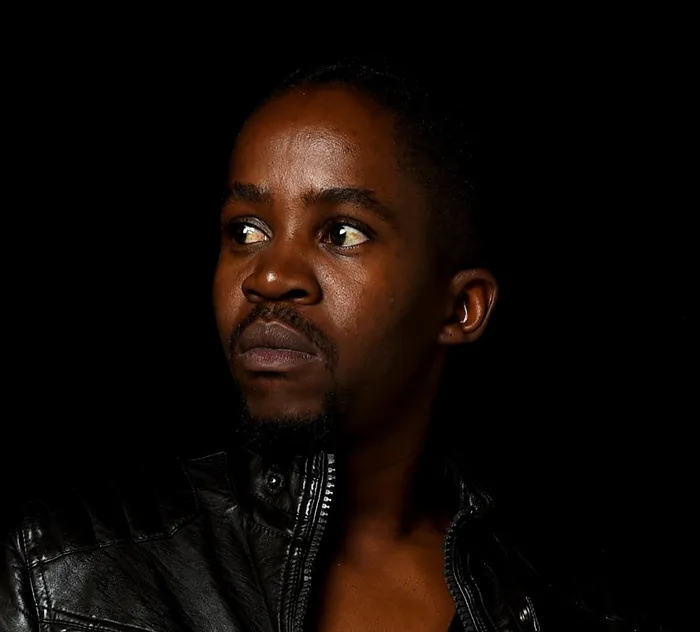Poetic Licence
SA had been flattened into a single chant
There’s something deeply unsettling about hearing your country’s name mispronounced by power. Especially when the syllables arrive dressed in accusation, wrapped in myth, and aimed like darts at old wounds. But instead of rage, South Africa’s president offered something rarer: clarity. In that calm, the nation saw itself; fragmented, yes, but also fiercely intact.

Rabbie Serumula, author, award-winning poet, journalist. Picture: Nokuthula Mbatha
Image: File Picture
It is not clear if it was a meeting or if Ramaphosa was there for a hearing, but fiercely intact either way. It wasn’t the first time the term “white genocide” had been dragged from the margins into the spotlight, soaked in fear and distortion, repurposed for political gain. But this time, it came with the unmistakable stamp of Trump, whose return to public life feels like the echo of a bad dream, now reincarnated as a policy threat.
And then there was the video; I could hear a Bob Marley song when Trump said turn the lights down. He played clips of Julius Malema singing “Kill the Boer” like a prosecutor presenting damning evidence. It was theatre, pure and loud. But behind the theatrics lay a more troubling question: why was Ramaphosa, head of state, forced to answer for the actions of a political rival? In that moment, the absurdity of South African politics collided with America’s appetite for simplification. Malema, a firebrand whose rhetoric thrives on provocation, was suddenly cast as the voice of a nation, and Ramaphosa, its reluctant translator. It was as if South Africa had been flattened into a single chant; and nuance, as always, was the first casualty.
There is an old colonial arrogance in this demand that African heads of state explain themselves, not just for their actions, but for the words of every citizen, every opponent, every song sung in defiance or in pain. It is an arrogance that assumes Africa has no complexity, that our wounds are not layered, that our past is not ours to interpret. Ramaphosa stood in that spotlight not as a perfect leader, but as one who refused to be cornered into a script written elsewhere.
What does it say about global power when a presidential visit becomes an exercise in reputation triage? When facts must be repeated not to inform, but to undo propaganda? For many South Africans watching from home, it felt like déjà vu, another moment when our struggles are turned into caricatures, our leaders either demonised or dismissed.
But perhaps what matters most is that Ramaphosa did not take the bait. He didn’t grandstand. He didn’t match fury with fury. Instead, he gave voice to the quiet resistance of truth, the kind that doesn’t trend on social media but slowly reshapes perception.
Maybe that is what leadership sometimes looks like in an age of noise: not the loudest response, but the most honest one. A refusal to be dragged into someone else’s performance. A steady voice in the storm, saying: we are not your myth, and we will not be your mirror.
For more political analysis and commentary in vernacular, join the conversation on Rabbie’s YouTube Channel: www.youtube.com/c/RabbieWrote?sub_confirmation=1
Related Topics: